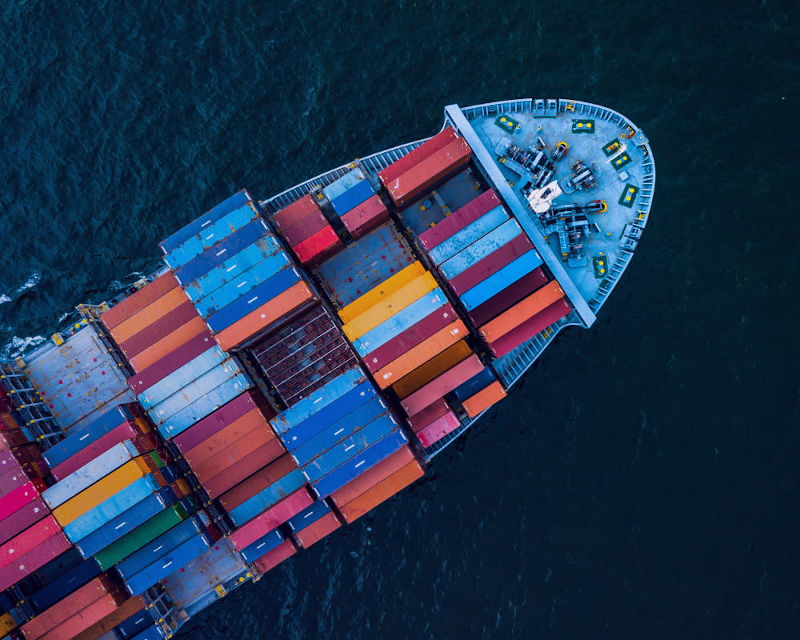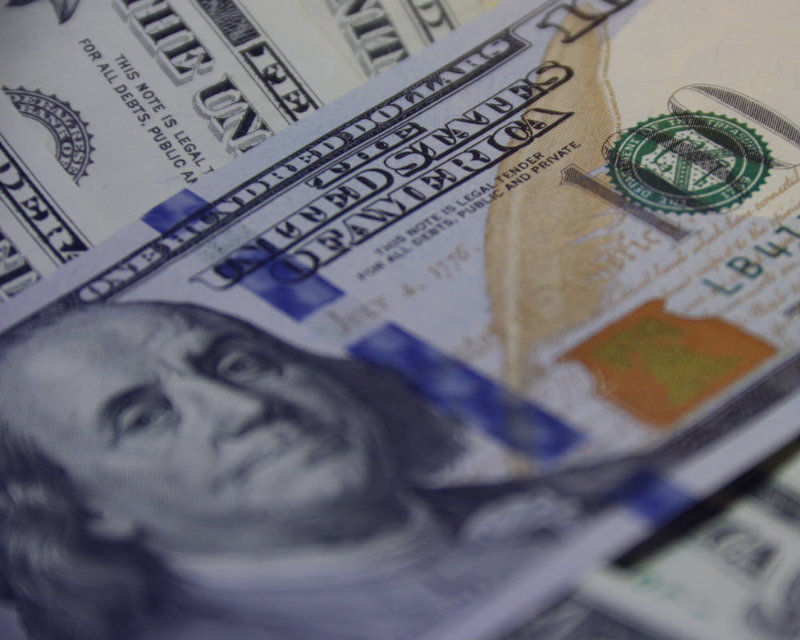The Future of Trade Crypto Edition report is an exploration of how cryptocurrency and Decentralised Finance (DeFi) will transform how we trade, transact, and interact based on research, data, and input from key industry leaders.
Compiled by DMCC, the world’s flagship Free Zone and a Dubai Government Authority on commodities trade— this special edition report identifies the various risks and opportunities for DeFi, and whether DeFi can eventually revolutionise the industry as an alternative to traditional financial solutions.
Join us as we examine where decentralised finance is headed, and what this means for finance solutions on a global scale.
View a snapshot of this edition's research and results in a quick presentation.
A comprehensive insight into The Future of Trade [Crypto Edition] Report.
DeFi incentivises people to learn about money, wallets, blockchains, and the different financial products available to them. This boosts financial literacy and social mobility.

After Satoshi Nakomoto helped introduce Bitcoin to the world as a way to put self-sovereign money into the hands of individuals, the pioneering builders of DeFi protocols – MakerDAO, Aave, Compound and Curve to name but a few – have taken the vision a step further by allowing people to borrow, lend, create insurance and earn with crypto assets – when they want, where they want.

This new digital trust model built on a new tech stack working across the internet is a global, instant, safer, 24/7 alternative to classic payments, at a fraction of the cost.

DeFi will never be trusted and embraced as a viable financial resource unless it embraces the checks that will ensure legitimacy.

Decentralised finance (DeFi) applications have become increasingly popular since 2017 and are considered by many as the next evolutionary step that will completely replace traditional centralised finances (CeFi).

Blockchain effectively provides the missing link to finally having an internet of money, an internet of decentralised solutions and the ability to create trust through code.

The potential of DeFi products and solutions is unparalleled. The massive influx of users and capital into the DeFi space is a testament to its potential. Keeping in mind the brief past, it is a no-brainer to envision DeFi going to the moon.

In countries with a broken or nonexistent financial infrastructure, blockchain’s open source nature and scalability are more easily adopted and thus quickly more impactful.

Those entities that put in the substantial money, time and effort that is required to implement and maintain blockchain systems will in the long run be clear winners and take up significant market share.

Blockchain as one of the central exponential technologies and indeed as a future background technology very much like electricity or the internet is clearly driving change at a new speed.

Will DeFi deliver on its promise of a revolutionised borderless and accessible new financial ecosystem?
Understand how DeFi could fundamentally shift the 25 trillion U.S. Dollar trade industry as we know it.
DeFi promises an alternative and transparent solution to traditional financial services and institutions that are opaque by design. Its innovative decentralised applications (dapps) empower players to access various services usually offered by traditional finance solutions but without the need for a centralised infrastructure.
Learn more about how DeFi compares against traditional solutions.
Learn MoreDeFi has showcased staggering growth in the past years. In 2020, the total value locked across all DeFi protocols and platforms amounted to $20 billion USD. As of September 2021, that number has reached new peaks, totalling $260.91 billion USD. This comes as no surprise following reports that large institutional transactions ( > $10 million USD) account for the majority of DeFi’s transactions.
Download our report to explore the financial flows entering DeFi and what it means for trade.
Learn More
DeFi’s low barriers to entry make it an impermeable solution for some of the 1.7 billion people without easy access to traditional banking solutions. With many developing countries lacking financial infrastructure, DeFi provides accessibility and scalability that will be much easier to adopt than traditional finance solutions. However, the lack of internet access means DeFi’ ability to scale is reliant on the internet penetration rate, or mobile networks, in the developing areas of the world.
Learn more about the opportunities and challenges for DeFi in the developing world.
Learn More
Global trade is the backbone of economic growth, and in an increasingly interconnected world underpinned by the demands of a growing international consumer base, DeFi has the potential to revolutionise and streamline global trade and trade finance processes, thereby lowering barriers to entry for SMEs and aiding disadvantaged groups in operating channels by providing alternative channels for financing and liquidity.
Understand how DeFi can revolutionise trade finance and encourage further globalisation.
Learn MoreDeFi must embrace checks and regulations to ensure that it will be regarded as a viable financial solution. However, it is up to regulators to develop and introduce appropriate regulatory frameworks to find the right balance between safeguarding users and encouraging innovation.
Explore how these regulatory measures could play out and the potential effects.
Learn More
The significant growth DeFi has experienced in the past year, coupled with the increasing participation it has garnered from major institutional players, hints toward a key shift in the recognition of DeFi as a legitimate alternative to traditional finance solutions. Users who fail to adopt this new technology may lose customers who opt for DeFi in lieu of traditional solutions.
Find out how traditional players may be impacted if they fail to adopt DeFi technology.
Learn MoreDownload our 2020 report